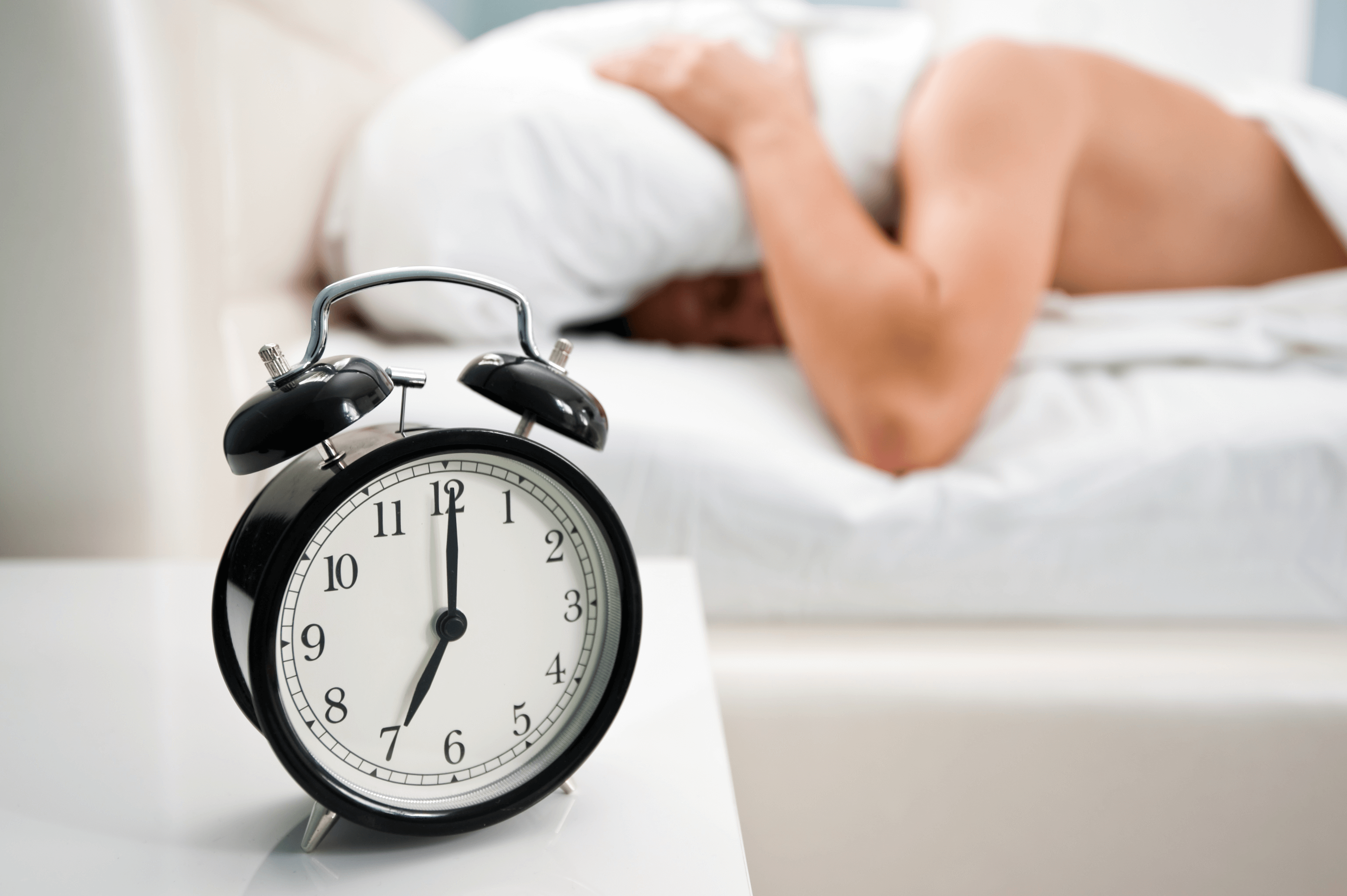What To Do If You’re ALWAYS Tired
Do you always wake up feeling exhausted and not well-rested?
Do you feel that you aren’t quite as efficient at work as you could be because you’re always feeling tired?
Do you get home from work and just want to crash on the couch or in bed?
If any of the above describes you, then you should definitely look into doing an adrenal hormone panel. This test assesses the levels of cortisol throughout the day − in the morning within one hour of waking up, before lunch, before dinner, and before bedtime. The reason that the samples are collected four times is due to the fact that despite the adrenal glands constantly producing cortisol throughout the day, cortisol levels are highest within the first hour after waking up in the morning and gradually decreases throughout the day, with the lowest levels produced while sleeping.
Our Bodies’ Reaction to Stress
When we are exposed to a stressor, we go through three stages of reaction and adaptation to stress:
- Alarm Stage: Stress triggers the adrenal glands to release adrenaline, noradrenaline, cortisol and DHEA. An increase in these hormone levels indicates to the body that respond to the stressor − ie. the “fight or flight” response.
- Resistance Stage: Increased levels of cortisol stimulates an increased energy production from proteins, fats and carbohydrates in order to help the body adapt to the stressor. However, this stage should only be temporary. Unfortunately, this stage is often not temporary due to the many stressors that occur at home, at work, etc. Symptoms related to elevated cortisol include: anxiety, feeling tired but wired, and have difficulty sleeping. Excess cortisol may interfere with the action of progesterone and testosterone, leading to symptoms of hormone imbalance.
- Exhaustion Stage: The adrenal glands are no longer able to increase the production of cortisol. At this point, the adrenal glands decrease the production of cortisol, DHEA and aldosterone. Symptoms related to low DHEA are not well defined. Symptoms related to low aldosterone result in dehydration, low potassium levels, and low sodium levels. Symptoms related to low cortisol result in fatigue (especially in the morning), feeling “burnt out”, depression, low sex drive, allergies, an increased susceptibility to infection, decreased ability to recovery from exercise, and low glucose levels.
Why is Testing Helpful?
The results of your adrenal hormone panel will allow your Naturopathic Doctor to assess your cortisol levels and depending on the results, determine which stage of adrenal stress you are in. For example, if you have low cortisol levels across all four samples, adrenal exhaustion is highly indicated. An individualized treatment plan will be formulated for you based on your results.
If you’d like to sit down with me to discuss adrenal testing and create an individualized plan for you based on your test results, CONTACT ME HERE to set up a complimentary 15 min discovery call/meeting and we can get started.
What’s a discovery call/meeting? It’s where we get to know each other better to ensure that I’m the right practitioner for you and that you have the opportunity to ask your questions about Naturopathic Medicine before we move forward with an initial Naturopathic consultation.
Here are a few more posts on hormones that you might also be interested in:
- Hormone Testing
- Polycystic Ovarian Syndrome (PCOS)
- Birth Control Does What Else?!?
- Estrogen
- Will Melatonin Actually Help You Sleep?
#drmoirakwokND #hormones #womenshealth #hormonebalance #hormonehealth #tiredAF









